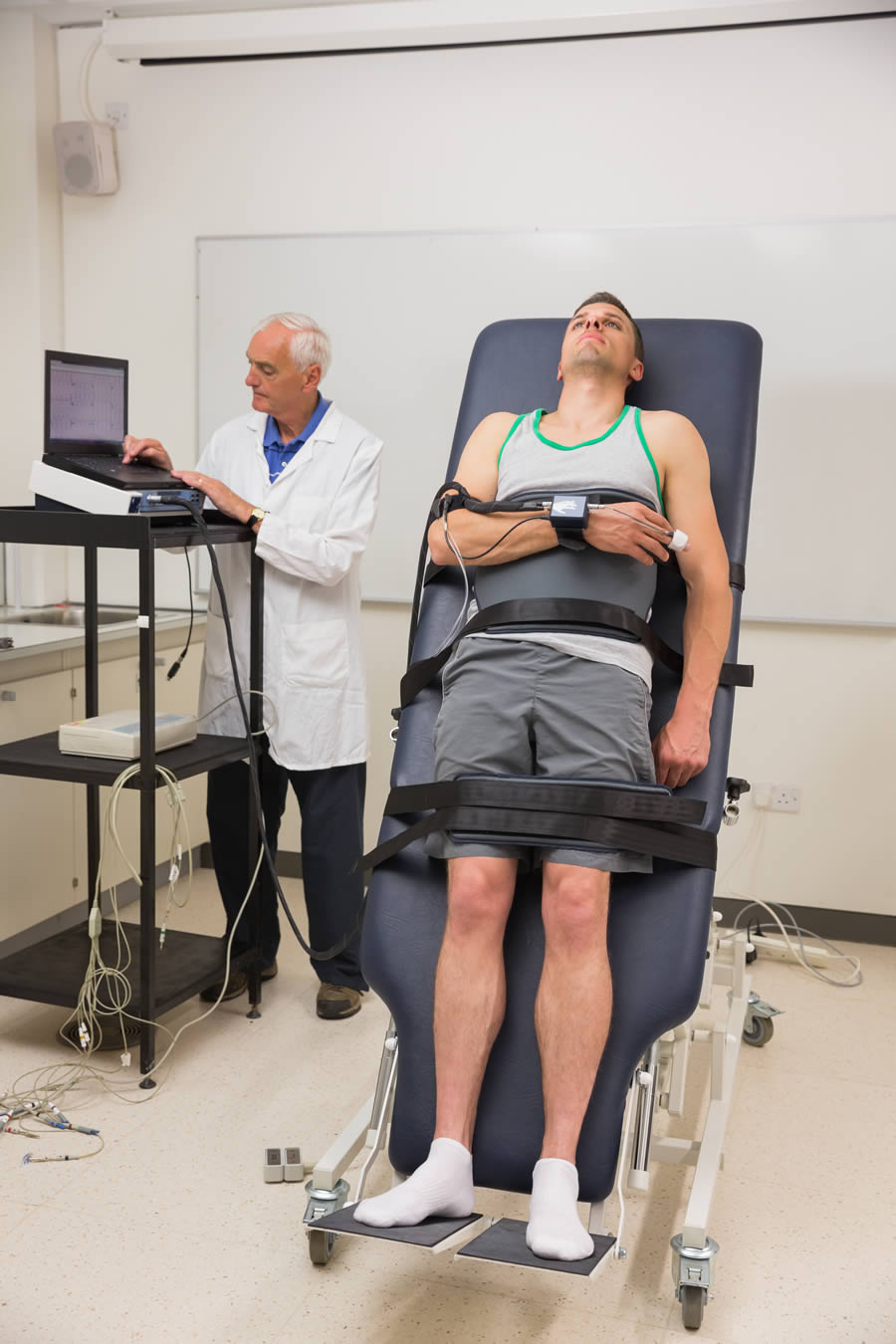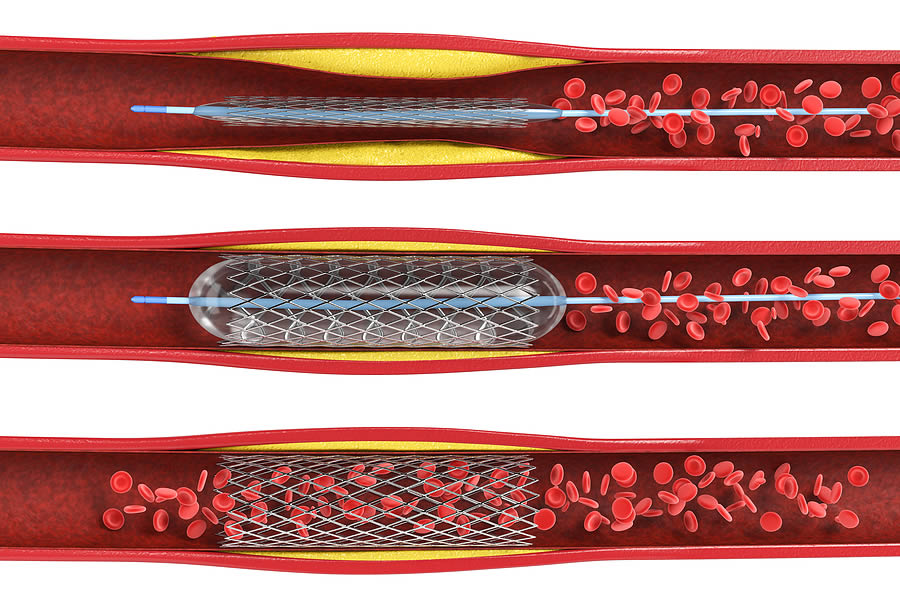WE ACCEPT MOST INSURANCE PROVIDERS!
- Home
- About
- Conditions
- Treatments
- Abdominal Aortogram
- Atrial Fibrillation
- Cardiac Ablation
- Cardiac Catheterization
- Cardiac PET Scan
- Cardiac Preoperative Clearance
- Cardiovascular Ultrasound
- Carotid Angioplasty
- Coronary Balloon Angioplasty
- Coronary Stents
- Echocardiogram
- Echocardiography
- Electrocardiogram - EKG
- Electrophysiology
- Heart Disease Treatment
- Heart Health Screening
- Holter and Event Monitoring
- Implantable Cardioverter-Defibrillator
- Multigated Acquisition Scan
- Pacemaker
- Preventive Cardiology
- Stress Test
- Tilt Table
- Vascular Center
- Our Providers
- Clinical Trials
- Patient Info
- Locations
- Reviews
- Blog
- Contact Us
- Abdominal Aortogram
- Atrial Fibrillation
- Cardiac Ablation
- Cardiac Catheterization
- Cardiac PET Scan
- Cardiac Preoperative Clearance
- Cardiovascular Ultrasound
- Carotid Angioplasty
- Coronary Balloon Angioplasty
- Coronary Stents
- Echocardiogram
- Echocardiography
- Electrocardiogram - EKG
- Electrophysiology
- Heart Disease Treatment
- Heart Health Screening
- Holter and Event Monitoring
- Implantable Cardioverter-Defibrillator
- Multigated Acquisition Scan
- Pacemaker
- Preventive Cardiology
- Stress Test
- Tilt Table








